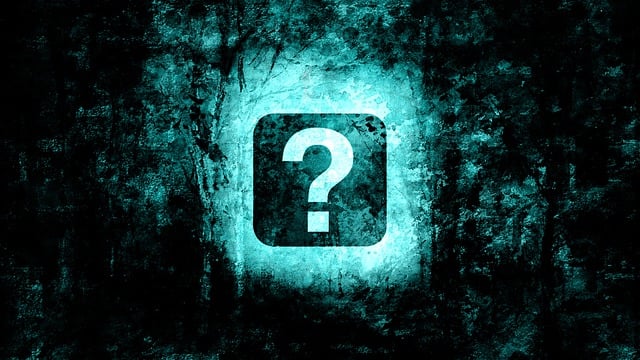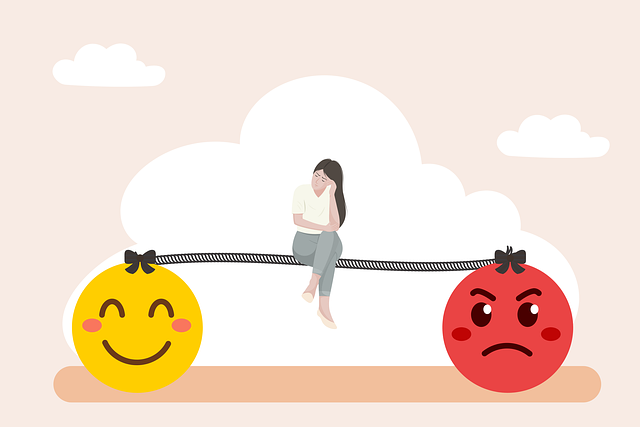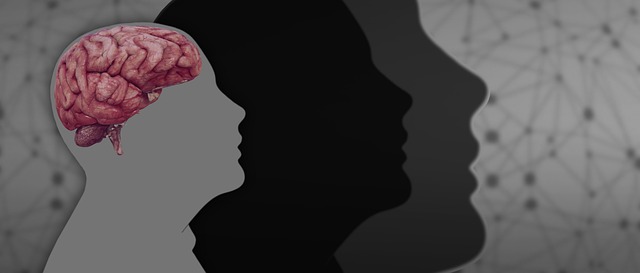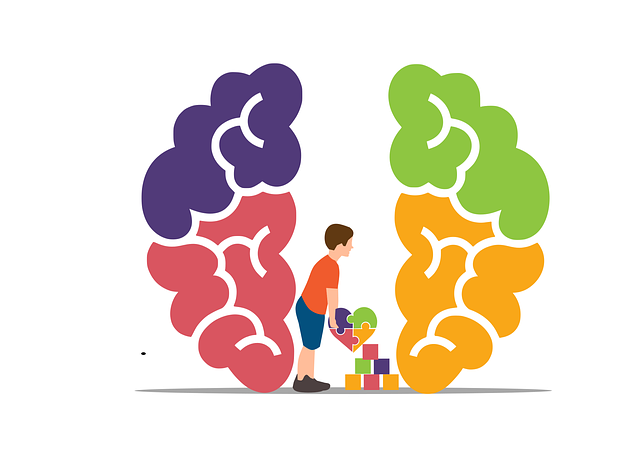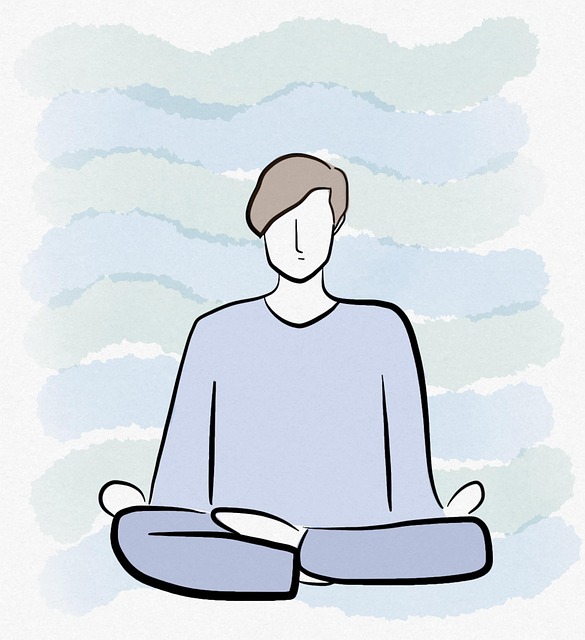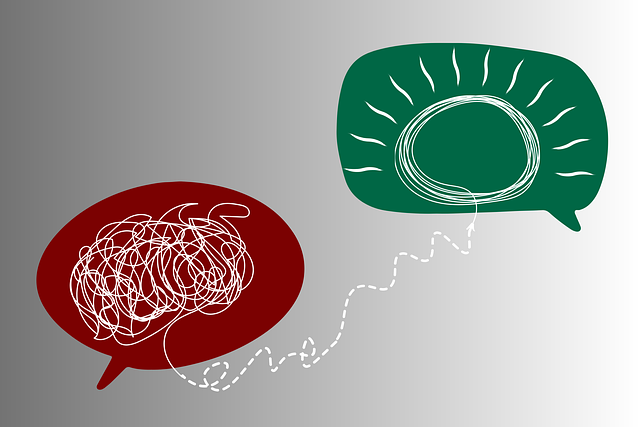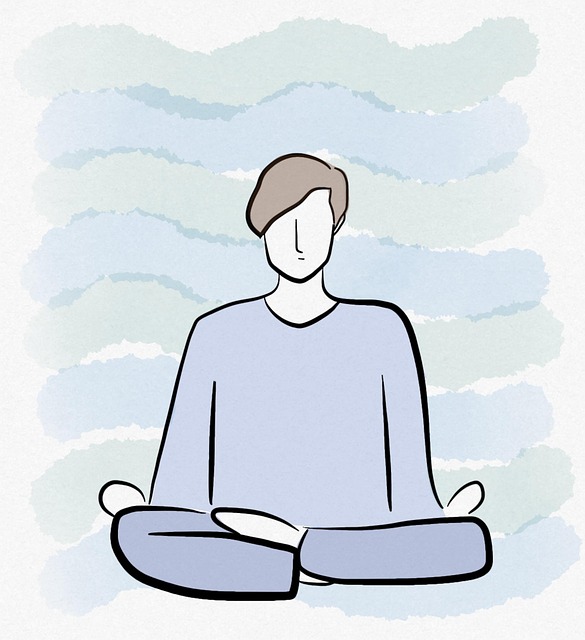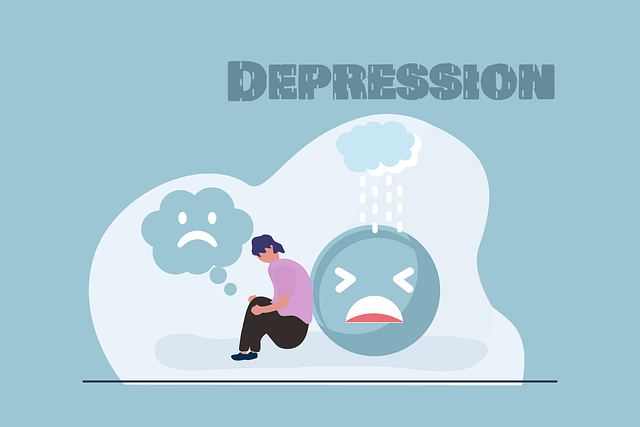Depression in adolescents manifests uniquely and requires early intervention from parents, caregivers, and educators. Sign recognition includes persistent sadness, appetite/sleep changes, fatigue, and concentration issues. Crisis intervention guidance and self-awareness exercises empower teens to manage stress and anxiety. For severe cases, tailored Cognitive Behavioral Therapy (CBT) and Mind Over Matter techniques, combined with lifestyle adjustments like exercise and mindfulness, significantly reduce depression and psychosis risks. Building a robust support network through therapy, group sessions, and education programs fosters resilience and social connections, providing safe spaces for emotional expression. Professional therapy for adolescent teens psychosis is vital for recovery, offering personalized coping strategies, symptom management, and inner strength development.
Depression among adolescents is a growing concern, but proactive strategies can help prevent and mitigate its impact. This article explores comprehensive approaches to safeguard teen mental health, focusing on early recognition of depressive signs and symptoms. We delve into the significance of therapy in preventing psychosis, offering insights on effective treatment options tailored for adolescent teens. Additionally, we highlight lifestyle adjustments, supportive networks, and the crucial role of professional help in fostering resilience and improving overall well-being.
- Understanding Adolescent Depression: Recognizing Signs and Symptoms
- The Role of Therapy in Preventing Psychosis in Teens
- Lifestyle Adjustments for Improved Mental Health
- Building a Supportive Network: Connecting with Others
- Professional Help: Seeking Therapy for Effective Treatment
Understanding Adolescent Depression: Recognizing Signs and Symptoms

Depression among adolescents is a growing concern, but recognizing its signs can be life-saving. This mental health issue often presents differently in teens compared to adults. Common symptoms include persistent feelings of sadness, loss of interest in activities once enjoyed, changes in appetite and sleep patterns, fatigue, difficulty concentrating, and in some severe cases, thoughts of death or suicide.
Early intervention is key; parents, caregivers, and educators should be vigilant for any unusual behavior or mood shifts. Encouraging open dialogue about mental health and providing a safe space for teens to express their feelings can help. Crisis intervention guidance and self-awareness exercises can be beneficial tools, teaching teens healthy coping mechanisms to manage stress and anxiety relief, which are often underlying factors in adolescent depression.
The Role of Therapy in Preventing Psychosis in Teens

Depression prevention strategies often involve early intervention and support systems. For teenage psychosis prevention, therapy plays a pivotal role. Cognitive Behavioral Therapy (CBT) tailored for adolescents is an effective approach, teaching them to identify and change negative thought patterns while equipping them with conflict resolution techniques. This proactive method helps teens navigate challenging situations without resorting to harmful coping mechanisms, thereby reducing the risk of psychosis.
Additionally, integrating Mind Over Matter principles in therapy can empower teenagers to understand and manage their mental health proactively. Encouraging mental wellness journaling exercises provides a safe space for self-reflection, allowing teens to track moods, identify triggers, and learn from their experiences. This guidance fosters resilience and promotes better emotional regulation, contributing significantly to the prevention of both depression and psychosis in adolescent populations.
Lifestyle Adjustments for Improved Mental Health

Lifestyle adjustments play a crucial role in preventing depression and enhancing overall mental well-being, especially for adolescent teens grappling with psychosis. Encouraging regular physical activity, a balanced diet rich in nutrients, and sufficient quality sleep can significantly mitigate symptoms of depression. Exercise releases endorphins, which act as natural mood lifters, while a nutritious diet supports brain function and stabilizes moods. Adequate rest is essential for emotional regulation, as it allows the mind to recharge and process thoughts effectively.
Moreover, fostering social connections and practicing mindfulness techniques can greatly contribute to depression prevention. Building a supportive network of friends and family provides teens with a sense of belonging and empowers them to share their feelings openly. Mindfulness practices, such as meditation or deep breathing exercises, teach individuals to stay present, reduce stress, and cultivate a positive self-image. Integrating these lifestyle changes into daily routines can empower adolescents and young adults to take charge of their mental health, especially when coupled with professional therapy tailored for their unique needs.
Building a Supportive Network: Connecting with Others

Building a strong support network is an essential aspect of depression prevention, especially for adolescent teens struggling with psychosis. Connecting with others can provide a sense of belonging and reduce feelings of isolation. Encouraging young individuals to open up about their experiences and emotions in a safe and non-judgmental environment is vital. This could involve engaging with trusted friends, family members, or even professional support groups tailored for adolescents facing mental health challenges.
Therapy plays a crucial role here, offering platforms like cognitive-behavioral therapy (CBT) or group therapy sessions that foster social connections and teach coping strategies. Additionally, Trauma Support Services and Mental Health Education Programs Design can empower teens with the knowledge to recognize signs of burnout prevention and promote self-care, further strengthening their support network and overall mental resilience.
Professional Help: Seeking Therapy for Effective Treatment

For many individuals dealing with depression, seeking professional help is a vital step towards recovery. Therapy offers a safe and supportive environment where adolescents and teens can explore the underlying causes of their mental health struggles. It provides an opportunity to develop coping mechanisms tailored to their unique needs, addressing symptoms such as psychosis, anxiety relief, and stress management effectively.
Professional therapists are trained to guide individuals through various therapeutic approaches, fostering inner strength development and enhancing their ability to navigate life’s challenges. Through regular sessions, patients can learn valuable tools to manage their depression, improve mood regulation, and regain a sense of control over their well-being. This supportive process enables them to break free from the cycle of depression and cultivate long-lasting resilience.
Depression prevention among adolescents involves a multi-faceted approach, from recognizing signs early on to implementing lifestyle adjustments and building supportive networks. As highlighted, therapy plays a crucial role in preventing psychosis in teens, offering effective treatment options that cater to their unique needs. By combining professional help with proactive strategies, we can foster healthier minds and brighter futures for our adolescents. For parents and caregivers, staying informed about mental health resources, such as seeking therapy for adolescent teens with psychosis, is essential in supporting their overall well-being.
